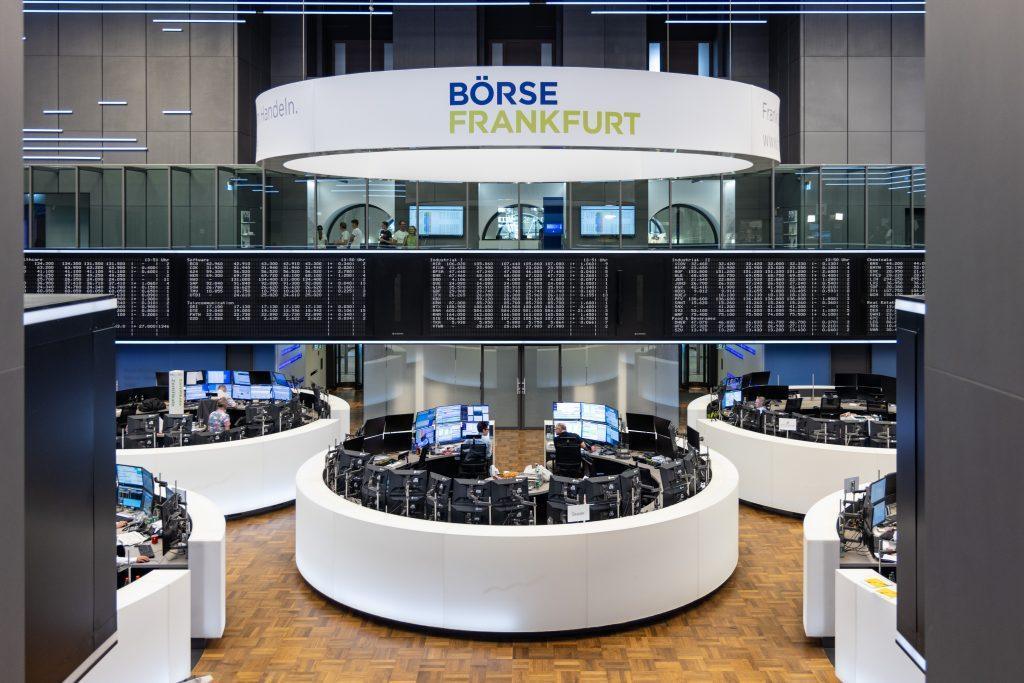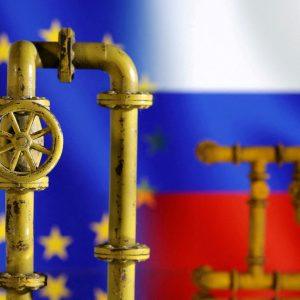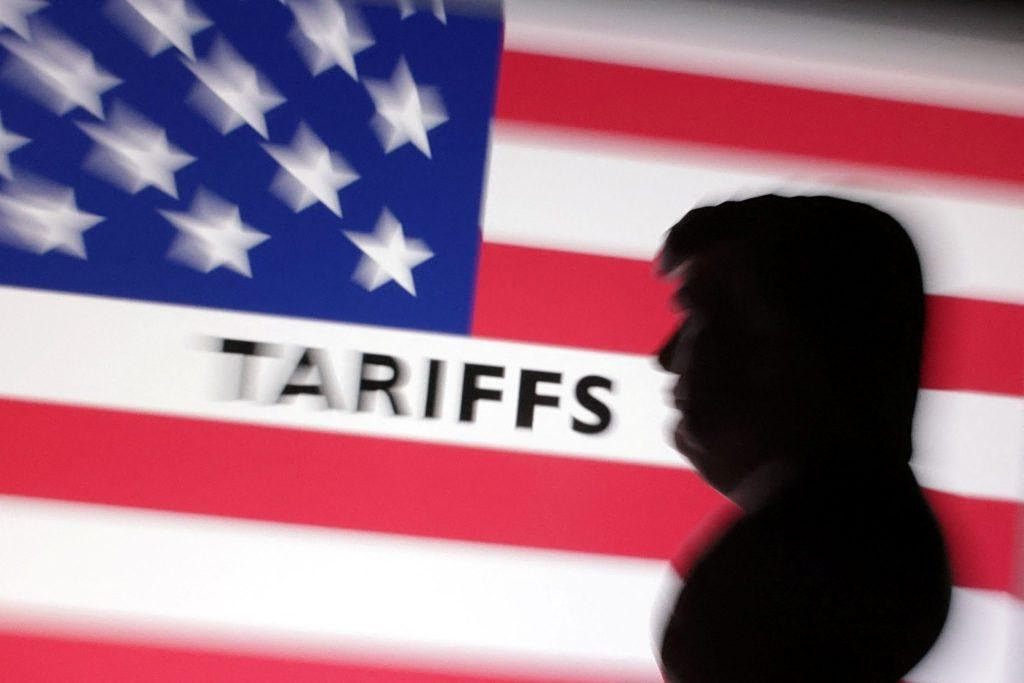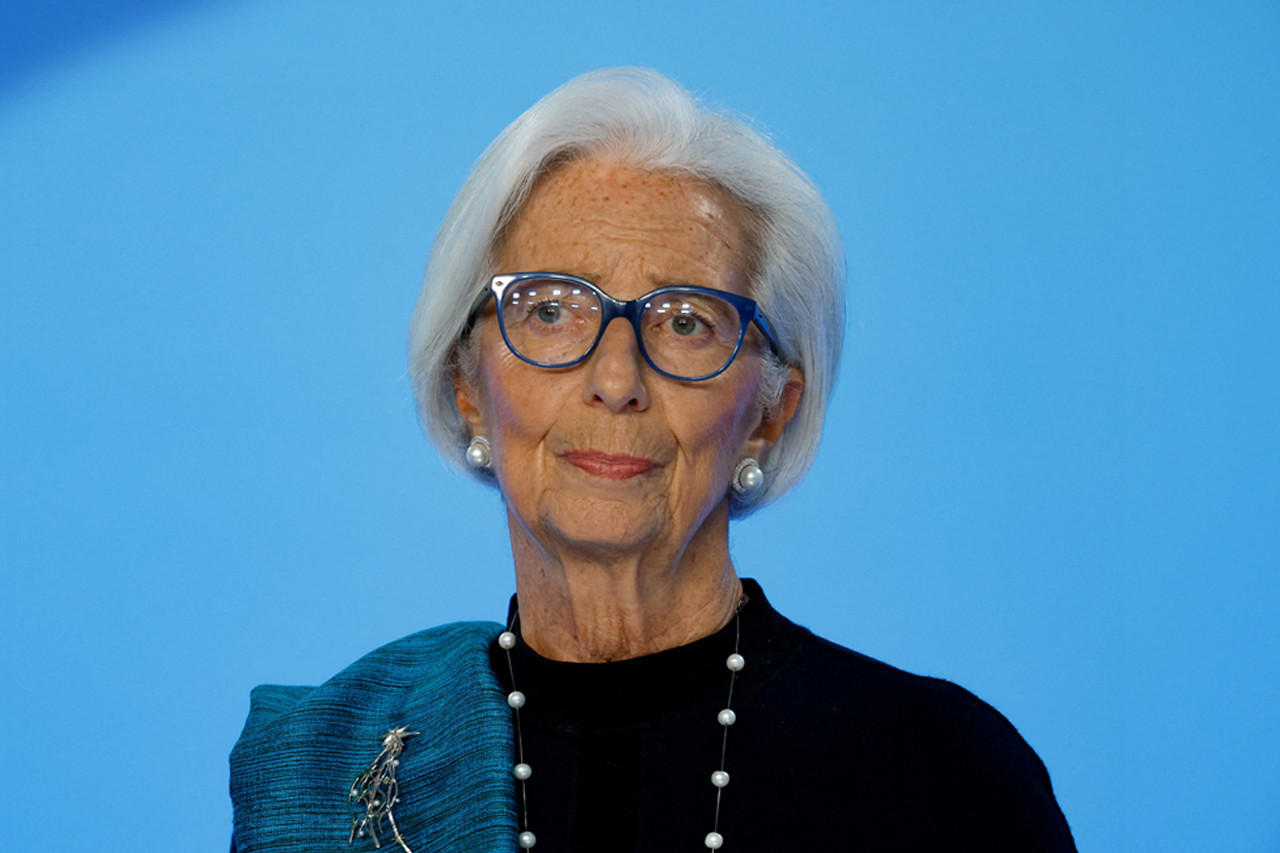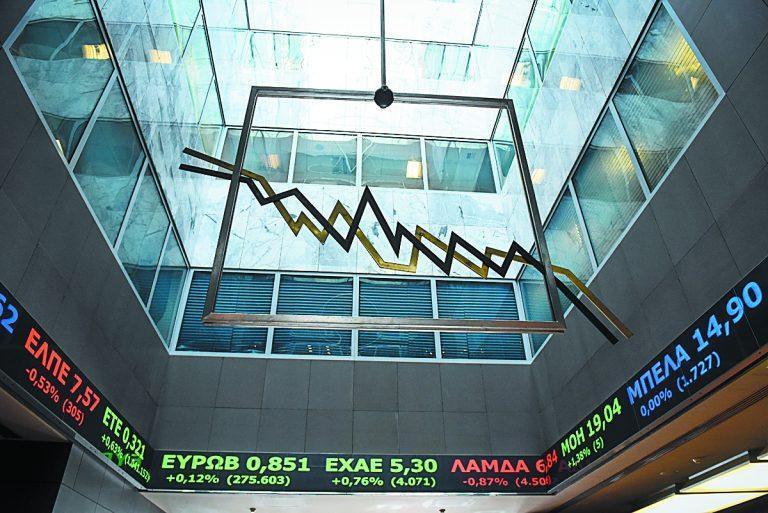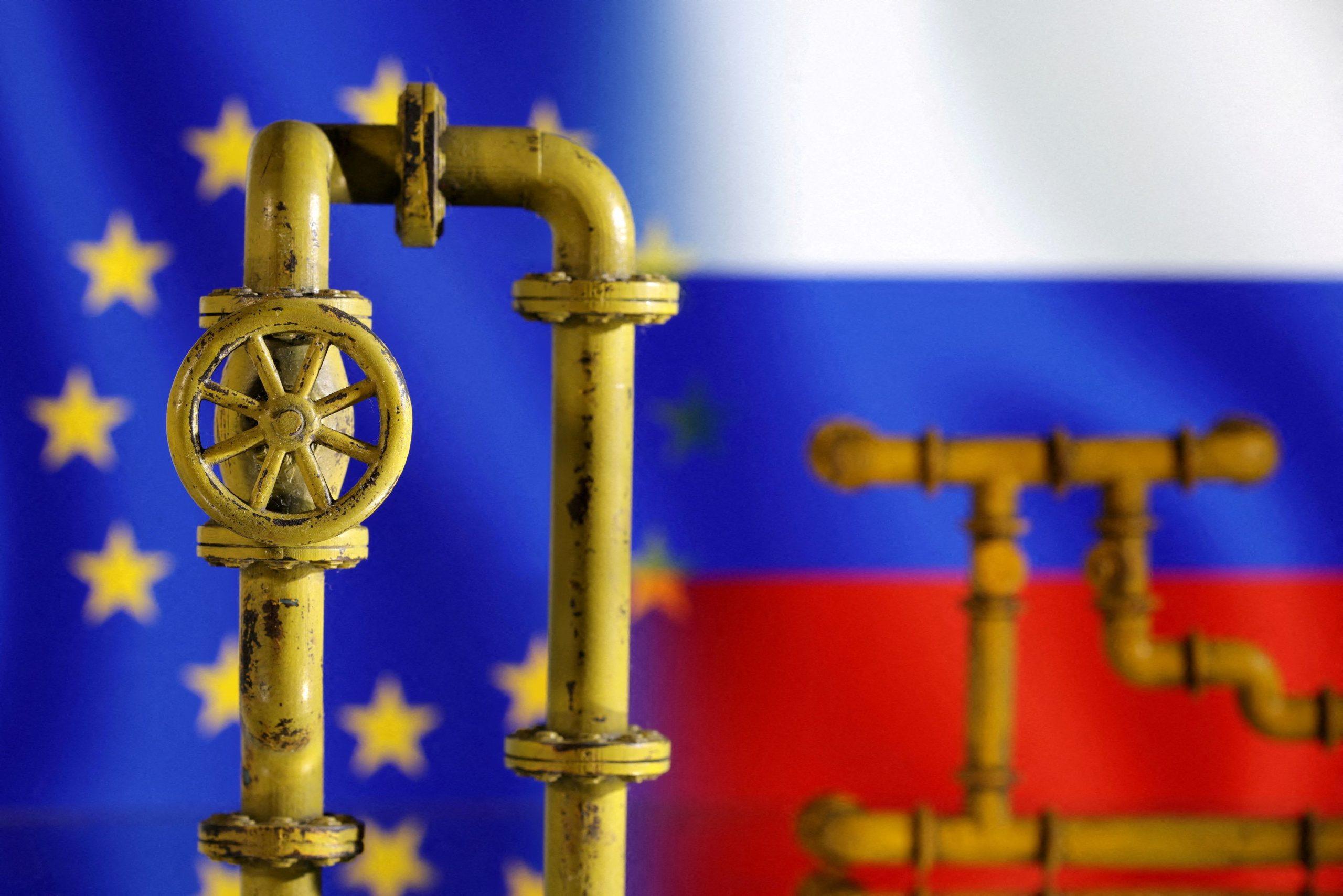Greek consumers were alarmed this week after a scientific study suggested the presence of toxic substances and pesticides in eggs. However, veterinary experts have moved quickly to calm fears, stressing that there is “no public health issue” and that the findings are misleading.
The study, carried out by researchers from the University of the Aegean and the National and Kapodistrian University of Athens, tested 75 eggs collected from small backyard farms across five regions. The analysis reported traces of PFAS—a group of synthetic chemicals also known as “forever chemicals”—alongside insecticides, a banned herbicide, and an old antibiotic. The results were published in the journal Science of The Total Environment.
“The findings don’t make sense”
Experts argue the research was poorly designed and does not reflect eggs sold in the market. “These results concern only household poultry farming. Consumers buy eggs that are inspected and certified,” said Vasilios Tsiouris, associate professor of veterinary medicine at Aristotle University of Thessaloniki.
Vasilis Komboulis, scientific adviser to Greece’s National Egg Organization, went further, calling the study “sloppy.” He questioned how such a small and unverified sample could be used to draw broad conclusions. “We are talking about just 75 eggs from backyard farms ‘in the middle of nowhere,’ provided by volunteers,” he told Voria.gr.
He also noted that the detection of banned substances—such as a herbicide outlawed in the EU since 1986—likely reflects residues in soil decades old, not ongoing use. Similarly, the presence of an outdated antibiotic suggests only isolated cases of small-scale home farming, not commercial production.
Poultry farming remains strong
Poultry farming in Greece is the only livestock sector that largely covers national demand, producing around 80% of the country’s eggs and 90% of its poultry meat. By contrast, experts point out, many non-EU countries still allow unregulated practices, such as using animal meal or fishmeal in feed.
For now, specialists insist consumers have no reason to worry. The eggs on supermarket shelves, they stress, undergo strict inspections and meet EU safety standards.
Source: tovima.com


